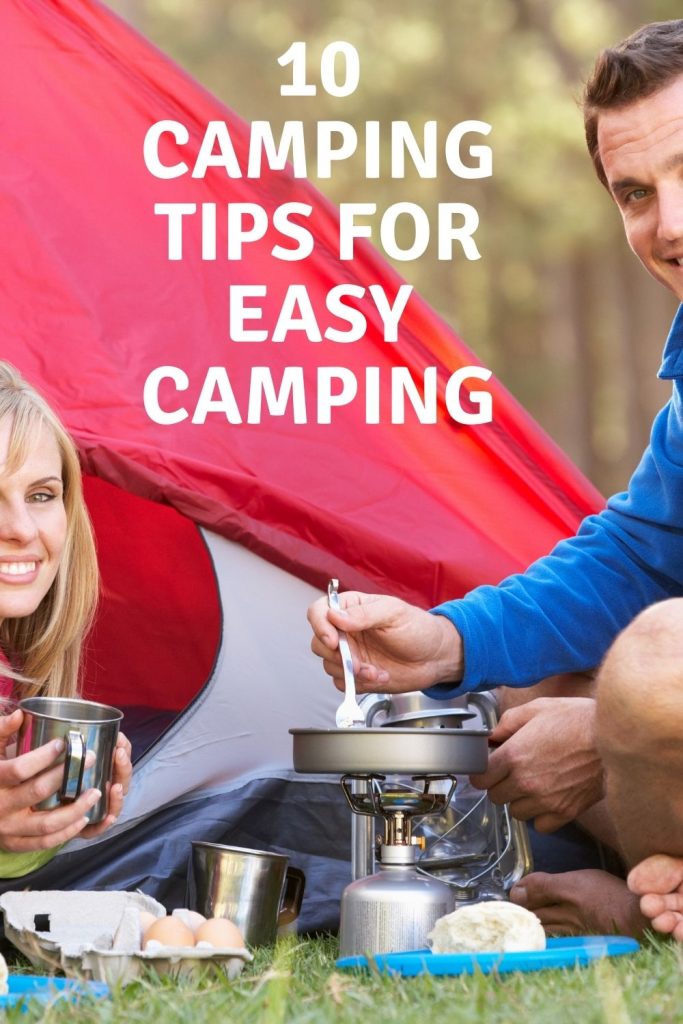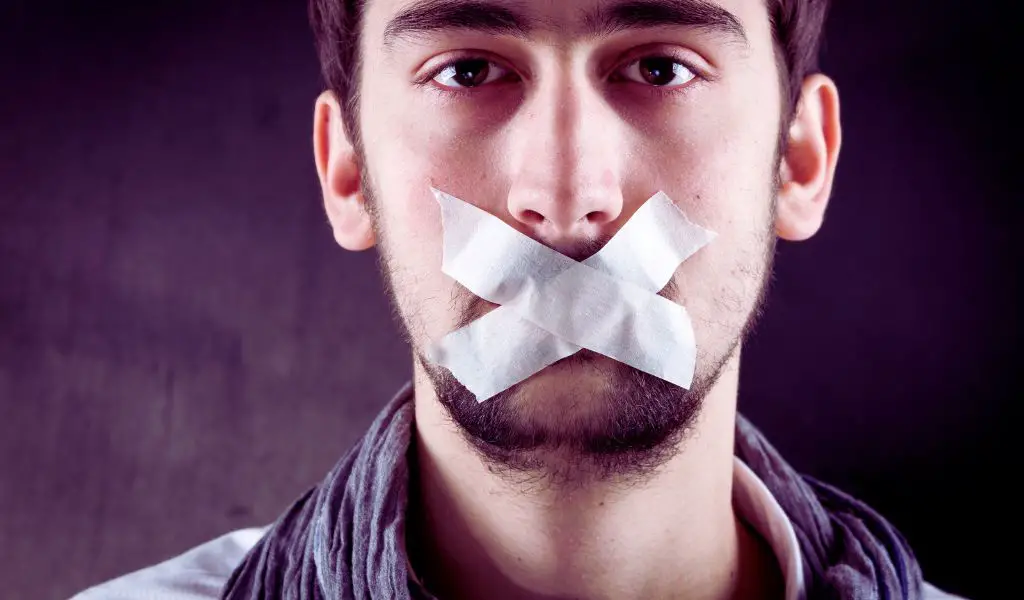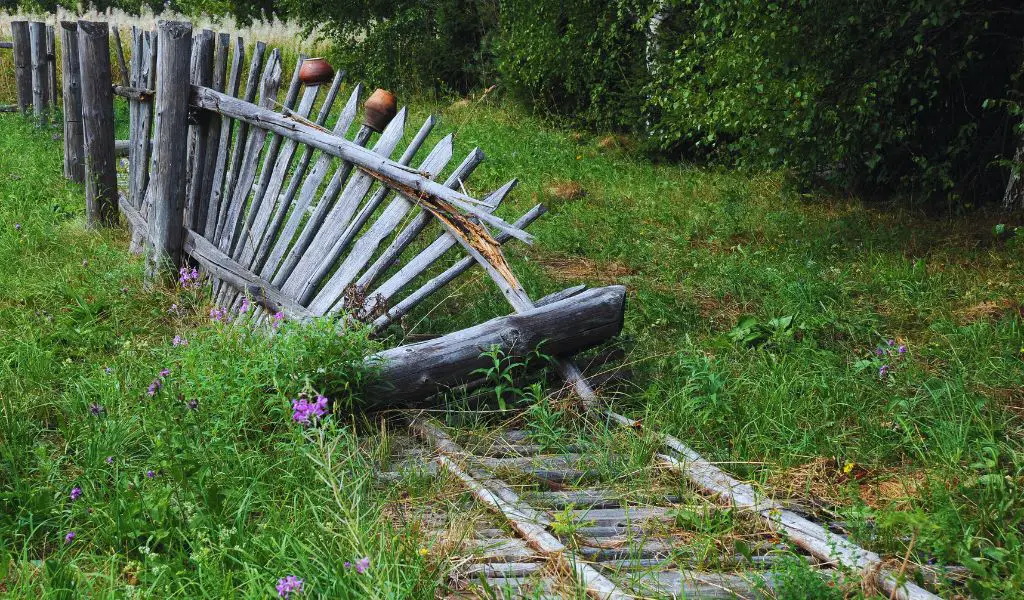If you are looking to have a great camping holiday or are just starting with camping then our 10 camping tips for easy camping will ensure that you get off on the right footing so that you and your party have the perfect camping holiday and enjoy your camping break.
Camping is and should be great fun. The experience of living in a tent in the great outdoors with just a thin fabric covering between you and nature is a wonderful feeling and our tips will help you to get ready for your holiday.


Our Top 10 Tent Camping Tips for Easy Camping
Tent camping is a great way to get away from it all where we can be close to nature and away from the hustle and bustle of regular life.
However, to get the best from a camping holiday, whether you are an experienced camper or if it is new to you, you really do need to do some preparation before you leave.
We’ve put together our top 10 tent camping tips for easy camping which will help you to get ready and have the perfect camping holiday.
1. Set your tent up at home first
Your tent might look easy to setup and the instructions might state that it only takes 10 minutes to do, but, if you haven’t done it before or you’re not a camping genius, then the reality is often very different.
And it is harder if the weather is bad when you arrive at the campsite, tired and in need of a rest.
Always setup a new tent at home before your intended holiday. This will serve two purposes.
Firstly you will be able to work out how to erect the tent while under no pressure, it will help you to figure out what goes where, and, when the time comes you will be more familiar and confident.
Secondly, we have had new tents that have arrived with missing bits, normally tent poles. Setting the tent up at home will give you a chance to make sure that everything is there.
2. Plan your destination before you go
There are many campsites and, unless you are wild camping, it is always advisable to sort out where you will camp before you leave home.
This can be really important during busy times such as school holidays or during the summer months when camp sites can become busy.
If you are planning to visit a particular part of the country then you can search an area for a suitable campsite and check availability.
By booking and planning ahead you take away the stress of where and how you will camp.
If you are wildcamping then remember to get permission to camp before you leave.
3. Camping Food
Unless you are Ray Mears then you won’t want to live off insects and berries while camping.
Just because you are in a tent does not mean that you have to lower your eating standards.
Take time, before you go to prepare some campsite friendly meals which can be bagged up and either cooked or reheated at the camp.
Consider making a plan of what you will eat, this can be useful if there are places nearby where you can do some food shopping when you arrive.
There are many good quality and easy to use camping stoves available and we’d recommend that you take one with a butane gas cylinder for ease of use.
4. Take a mattress and blankets
When we say mattress we mean a camping mattress, either the foam roll up sort or an inflatable mattress.
It is important to create a barrier between yourself and the floor so that you stay warm at night, most body heat is lost to the ground, so a mattress or camp bed is needed.
Don’t forget to take some extra blankets too. Sleeping bags are great and there are some really good ones available, but, it can get cold in the night, even during summer, and having extra blankets is sensible and you’ll appreciate it at some point.
5. Take some books and games
One of the great things about camping in a tent is that you get away from it all, and that is one of the main reasons that we camp.
A few decent books and maybe the odd game are great ways to relax and pass the time, and, if the weather turns bad, you’ll have something to keep you occupied that does not involve going out and spending money.

6. Make sure your tent is waterproofed
If your tent is new then you won’t have to worry about this for your first camping season, unless the manufacturer says so.
A second hand tent or a tent that has been used before may need waterproofing to make sure that you don’t get wet if it rains.
Waterproofing a tent is not difficult, it just takes a little time and needs to be done when the weather is dry.
You simply erect the tent, make sure that it is clean and free from mud etc and then apply the waterproofer. Most waterproofing treatments are either spray can based or are applied with a brush.
Don’t skimp on waterproofing, it often rains when camping and if your tent leaks you’ll be damp and fed up.
7. Camp during the week
If you are able to then why not camp during the week? It will be quieter than at weekends, you;ll probably have a greater choice of pitches at the site and it may also be cheaper too.
Camping outside of busy times generally means more privacy and greater levels of peace and quiet.
8. Choose a site with facilities
Campsites vary with the level of facilities that they offer and, if you are camping for a while or have children with you then some facilities can be very useful.
- Showers and bathing blocks are often available at some sites.
- Laundrettes – vital if you are camping with excited and active children.
- On site shop – can be useful for bit that you miss, like milk.
- Bar – okay so not vital but can provide a break and source of refreshment or meals.
- Barbecue stands – some sites have these to keep the place safe and tidy.
There are probably other services on sites but this gives you an idea of the things to consider.
9. Be considerate and leave the site tidy
Always remember that there are other people around and tents do not provide any insulation from sounds.
Be considerate and think of those who may be camping near to you and also be wary of your nocturnal noises – it could be awkward in the morning!
Make sure that you leave the site in a good state, take all of your rubbish home or dispose of it properly.
You would be surprised at the number of people who camp that don’t clean up after themselves.
10. Liquid Refreshments
This is purely a matter of personal choice.
Cans are generally better than bottles as they are less likely to leak or get broken – broken glass when camping can be a real problem for injury and tent/groundsheet damage.
You can also squash cans to minimise waste.
On a nice warm evening, sitting outside the tent watching the world go by with a beer or drop of wine, listening to nature is a great way to end the day.
Conclusion
We’ve been camping for many years and have learned a lot about getting the best from a camping holiday.
Our Top 10 Tent Camping Tips for Easy Camping have been put together from many camping adventures, most good fun but some being borderline disasters.
We hope that you find these tips helpful and have given you some ideas to prepare for the perfect camping trip.
















